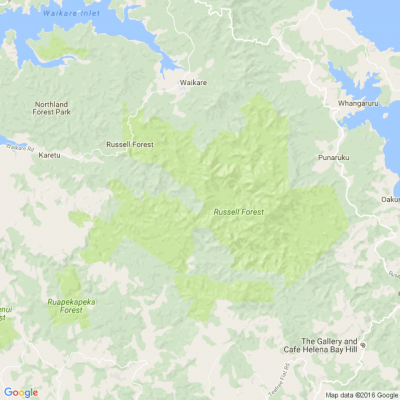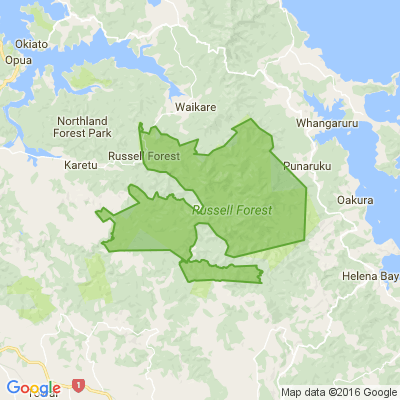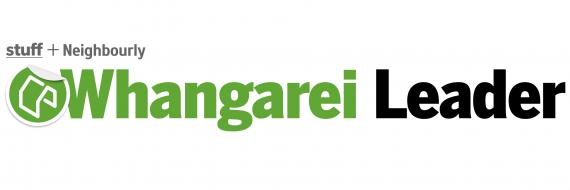Beware of toxic shellfish on the Northland west coast
A warning has been issued not to collect or eat shellfish caught from the Northland west coast. This applies to the non-commercial (recreational and traditional) taking of shellfish only.
Ingesting shellfish with this toxic algae present will cause a range of symptoms from tingling around your face and hands, to vomiting, paralysis, respiratory failure and in severe cases, death.
Those affected can phone Healthline for advice on 0800 611 116 or seek medical attention immediately, ensuring you keep any remaining shellfish for testing.
The areas affected include Waipapakauri on 90 Mile Beach, south to Pouto Point on the northern head of the Kaipara Harbour as well as Herekino, Whangape and Hokianga Harbours.
The Ministry of Primary Industries are urging residents to spread the word and you can find more information at the link below.

Some Choice News!
DOC is rolling out a new tool to help figure out what to tackle first when it comes to protecting our threatened species and the things putting them at risk.
Why does this matter? As Nikki Macdonald from The Post points out, we’re a country with around 4,400 threatened species. With limited time and funding, conservation has always meant making tough calls about what gets attention first.
For the first time, DOC has put real numbers around what it would take to do everything needed to properly safeguard our unique natural environment. The new BioInvest tool shows the scale of the challenge: 310,177 actions across 28,007 sites.
Now that we can see the full picture, it brings the big question into focus: how much do we, as Kiwis, truly value protecting nature — and what are we prepared to invest to make it happen?
We hope this brings a smile!

⛰️ Is Bream Head the ultimate Northland spot?
According to The Press, the Bream Head Scenic Reserve at Whangārei Heads has it all: the best views, the best forest, and the best adventures.
Do you have a hidden gem that gives Bream Head a run for its money?
We’re on a mission to find Northland's best "Secret Spots" 🤫
We want to hear from you! What is your go-to spot when you want to show off the best of the North to friends or family? 📸
Drop your recommendations (and photos!) in the comments below! 👇

Get up to $30,000 back* with your new home
Sign up to an independent apartment or townhouse at a participating Ryman village by 31 March 2026 and receive a $30,000 credit on settlement or sign up to a serviced apartment and receive a $10,000 credit on settlement*.
Imagine a new smart TV, your next getaway or furniture for your new home. With more money staying in your pocket, it’s yours to spend!
Discover the lifestyle that awaits.
*Participating villages only, Terms and conditions apply.








 Loading…
Loading…